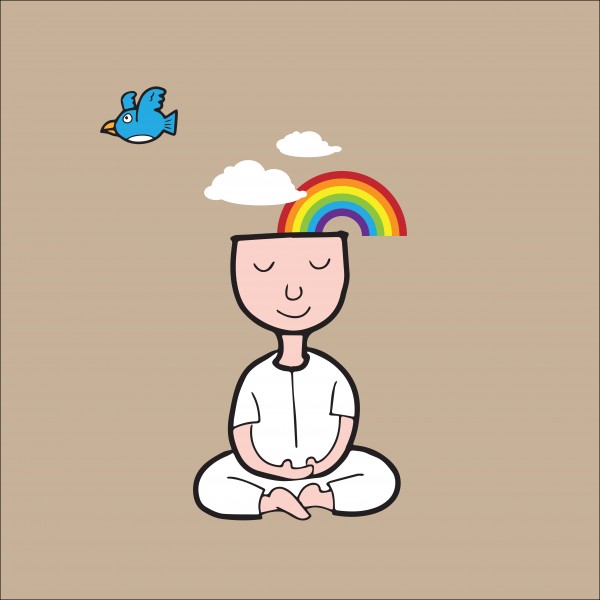
It’s been three weeks since the presidential election. Regardless of how you voted or what you’ve experienced in the past, it’s normal to feel uneasy long after the results have been tallied. For many of us it is simply the stress of the unknown, while others are grieving a loss.
According to Daniel Kahneman, Nobel prize-winner and psychologist notable for his work in behavioral economics, we feel the pain of loss more acutely than the pleasure of a win. And for more than half of voters this year, the election was a monumental loss.
We weathered a contentious campaign, often focused on exposing our deepest and darkest fears. 24-hour access to social media also blurred the line between truth and fiction, encouraging candidates to continually defend their actions instead of focusing on the issues. Researchers agree that it is common – particularly when we feel passionate about something – to make decisions based on our emotions and then search for facts to support our choice. Unfortunately, these emotional decisions can lead to sleepless nights and painful interactions with family and friends who don’t feel the same way.
I’d like to think that it is not a coincidence that Thanksgiving falls soon after the election. When experiencing big change, it is so important to recognize what we are thankful for, take time to decompress, and surround ourselves with whatever is familiar, controlled, and allows us to be successful. During the holiday season, that means connecting with family and friends, eating comfort food, celebrating, and taking part in traditional activities. It is all about surrounding yourself with what you know and what empowers you.
For those of us still anxious after the holiday, here are four tips to reduce stress and move forward.
Break obsessive thinking. When we are in a state of fear or anxiety, we obsess. Obsessive negative thoughts can disrupt our health – even alter our eating and sleeping patterns. We tend to imagine the worst. Why? Loss aversion. We are hard-wired to anticipate the worst in service of our own survival. To successfully refocus, we must divert attention from the obsessive behavior.
Game designer and author Jane McGonigal advocates the use of technology to create a positive state of mind. She suggests playing a strategic game like Candy Crush or Terraria to fully occupy your brain. Go for a run, read a book, complete the New York Times crossword puzzle or knit a scarf. When you are able to clear your head, it is easier to break the cycle of obsessive thinking.
Gather your “power-ups”. According to Dr. McGonigal, real-life “power-ups” are people, activities or events that give you energy and encouragement. Try joining a morning exercise class or take a run to your favorite neighborhood coffee shop. Not as active first thing in the morning? Listen to music while getting ready for the day or play with your children. I try to start and end my day using the Five Minute Journal. It helps me focus my attention on what is right in the world.
The key is to do something that makes you smile first thing in the morning.
Design your future. Mahatma Ghandi said it best, “Be the change you wish to see in the world.” But that is a tall order. How about starting with a plan or written strategy for overcoming your fears. Make sure your plan includes small steps with milestones so you can see your progress. When we see progress – success — we are more likely to continue.
Comedian John Oliver has been a great resource for those who want to make an impact and suggests donating or volunteering for causes you care about. Even five dollars toward something you believe in can give you a sense of control. It is also important to stay informed and vote in the next election. There will be another opportunity for your voice to be heard!
Be kind. The rhetoric in this election was painful and we all know that words can and did incite aggression on the campaign trail, and protests afterward.
Actively engage in kindness. It’s a small but powerful step in the right direction. Start in the car. Slow down. Check your anger. Don’t honk your horn. Safely let someone in. Imagine the slow car in front of you has your own sweet parent or grandparent driving and treat them as you want your loved one treated. Our nation could use a little kindness right now. Kindness is a muscle that needs exercise. Find a way to practice it daily.



